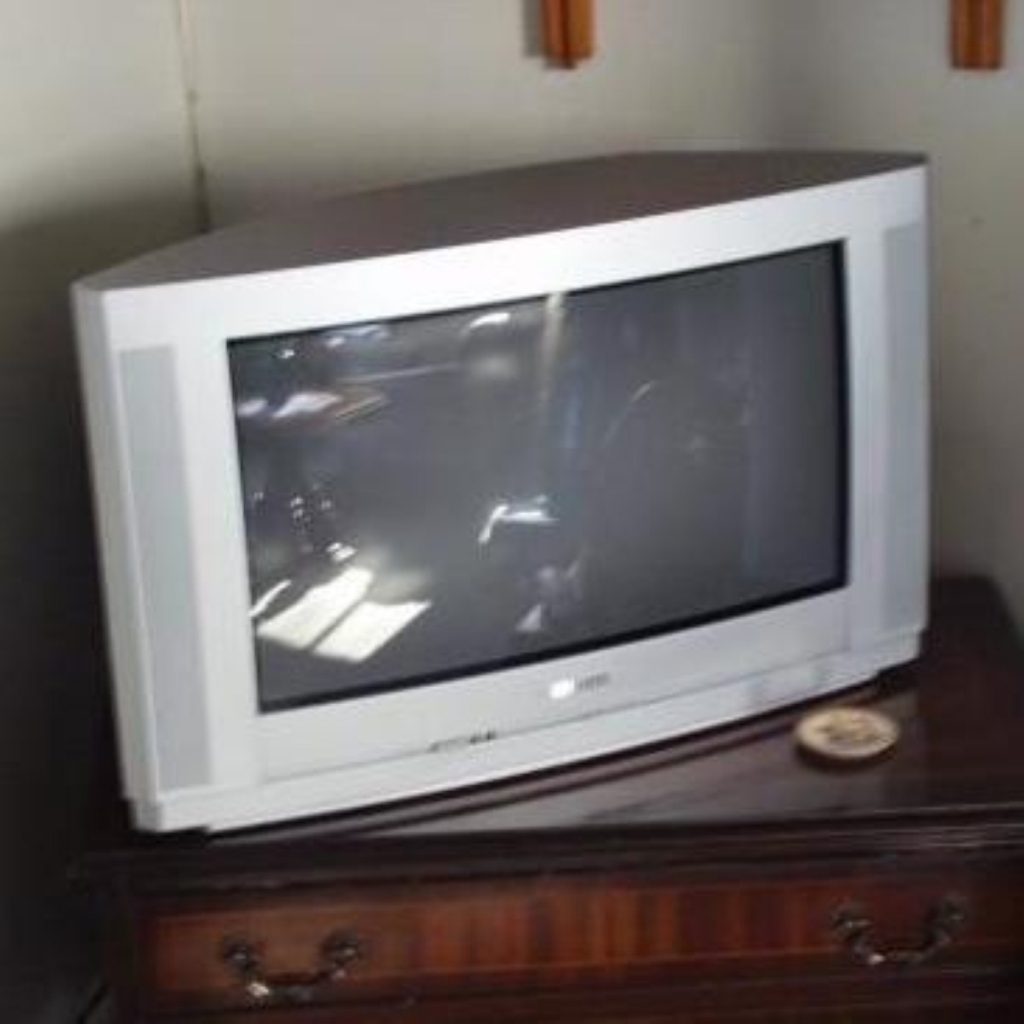Humour could be Labour’s new political weapon
The chief executive of Labour’s advertising agency – TBWA London – will try to persuade party chiefs to fundamentally alter the traditional political broadcast.
Andrew McGuinness, who will be in charge of the Labour Party’s advertising campaign at the next election, has said that the traditional four-minute broadcast needs to be reviewed and replaced with 30-second or one-minute items that look and feel more like adverts.
TBWA is one of the world’s premium advertising agencies, representing a range of clients from FCUK to Amnesty International, The Sun and the News of the World alongside Adidas, and has a reputation for innovative advertising campaigns.
Paid political advertising on radio and television is banned in the UK. As such, party political broadcasts offer politicians a chance to communicate unmediated by journalists with the electorate. Party political broadcasts are therefore key campaigning tools, but there is a widespread perception that they are “boring” to the electorate.


The number of candidates fielded and a previous record of proven electoral support determine the number of broadcasts available to each party.
In an interview with The Independent, Mr McGuinness said: “I think you have to find ways of bringing politics to people rather than expecting people to come to politics.”
“The humour will be under an overall headline of finding ways to connect with voters. Humour will be part of it.”
One early idea apparently included a lampoon of the Saatchi-made Conservative advert “Labour isn’t working”, featuring instead a succession of past Conservative leaders.
The formatting and use of party political broadcasts is also the subject of a current Government review. At the end of July, Culture, Media and Sport Secretary Tessa Jowell launched a consultation on proposed changes to the system as “part of a wider cross-Government drive to engage voters more fully with the political process.”
The key issue under consideration is how best to engage voters and the main political parties. One option trailed is to require all the “most popular” TV and radio channels to include party political broadcasts in their schedules. Currently, they are carried only by BBC1, BBC2, ITV, Channel Four, Channel Five and S4C, and national analogue radio services: the BBC, Classic FM, Virgin Radio and TalkSPORT.
Other questions up for consideration include whether the broadcasts should be shorter and more frequent, how many should each party be entitled to, and how to bring more transparency to the system, by, for example, the establishment of a statutory committee that oversees the process and decides on issues such as how party broadcasts are allocated among channels.
The consultation closes in October, with any changes expected to be introduced before the next general election – widely anticipated for next year.












